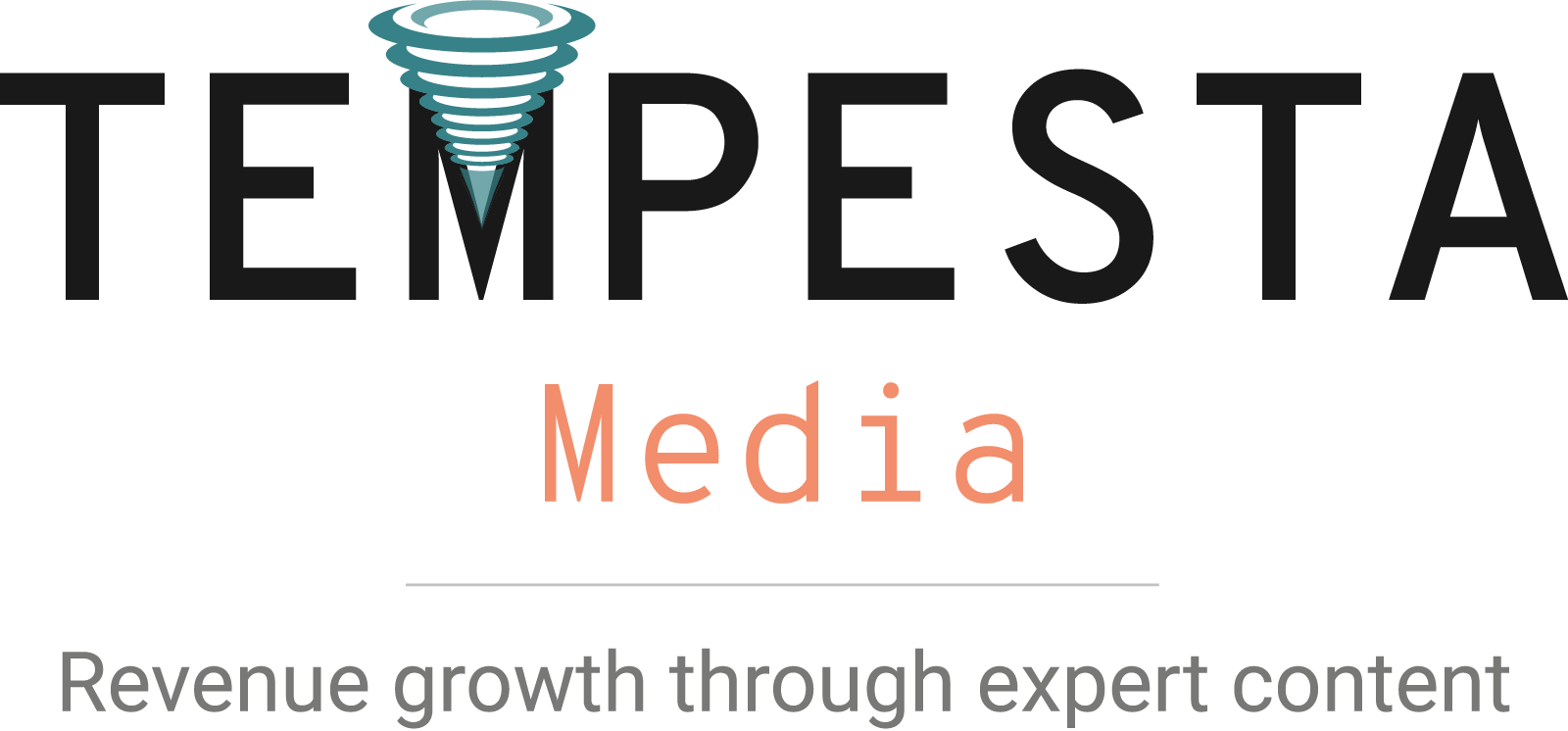Google will release an algorithm update in May 2021 to add Page Experience as a ranking factor. Business services companies can prepare for this Google algorithm update 2021 by reviewing their SEO best practices.
Google is about to implement a major change to its algorithm. The search engine will release an update in May to introduce a new factor called Page Experience. Is this Google algorithm update 2021 going to change your rankings? Business services companies can continue to rank high for relevant searches by preparing for this change.
What are the main components of this algorithm update?
Google currently uses an algorithm that looks at hundreds of factors when determining which web pages to show first, and Page Experience will soon be one of the hundreds.
Google launched its Web Vitals tool to help you measure Page Experience. This tool looks at three of the parameters that make up your Page Experience score:
- Does your website load quickly?
- Is there a fast response when users click on an element?
- Are there unexpected movements of your page content?
Page Experience includes other factors, like:
- Is your website mobile-friendly?
- Do you offer a safe browsing experience?
- Does your site use the HTTPS protocol?
- Do users have to close intrusive interstitials?
Google has revealed that Page Experience is a factor that can make a difference when comparing pages that are equally relevant for a query.

How business services companies can prepare for the Google algorithm update 2021
Don’t let this new update set you back. You still have plenty of time to fix Page Experience issues before Google rolls out this algorithm change.
Improve website health for a better Page Experience
Because safe browsing is one of the criteria Google will look at to assess Page Experience, a website with hacked pages, malware, and other issues will get a low safe browsing score.
For instance, a weak, broken, or outdated authentication system can put your clients at risk for account takeover. Attackers can inject malicious scripts that launch attacks when a user visits the compromised webpage.
Thus, safe browsing is crucial for business services companies – you need to come across as trustworthy and reliable. Start from offering a safe website. You can use Google’s Security Issues report to check for problematic pages and improve your website health.
Showcase your expertise with quality content
Remember that Page Experience will only come into play when comparing pages with similar quality and relevancy. So, although the Google algorithm update 2021 is adding a new factor, quality content will continue to remain one of the determining factors for your rankings.
Business service leaders can position themselves as thought leaders by creating niche content that supports B2B buyers in their journey. Focusing on thought leadership allows you to develop the kind of sophisticated content that brings value to your audience while crafting a professional image for your brand.
Showcasing your expertise through quality content will help you move from a push to a pull strategy. Instead of pushing your products, your content will pull the right audience in with valuable information that reflects the concerns B2B buyers have in the current stage of their journey.
Optimize your business services website with these SEO strategies
Audit your existing content to look for ways to optimize it. You should also review your best SEO practices for the content you develop in the future.
Here are different SEO strategies you can use to prepare for the Google algorithm update 2021.
Create a keyword sitemap
A keyword sitemap is a document that assigns a target keyword to each page. It helps you create a logical structure for a better navigation experience. Also, it allows you to use more relevant keywords in your URLs.
Look at how keywords are connected to create keyword clusters. For instance, let’s say you offer training services to businesses. One of your products is a customer service training program.
Some users will look for the service you offer with a keyword like “customer service training.” Others will use different wording, like “customer satisfaction training.” You might even see more precise searches for “customer service training online class” or users who are looking for a solution with a search like “how to increase customer satisfaction index.”
Instead of creating four different pieces that could end up competing against each other, consolidate all these keywords into a cluster and develop a long-form guide that goes over the benefits of your program while explaining how it works.
Developing longer articles based on keyword clusters will pay off. Indeed, articles over 3,000 words get three times more traffic, four times more shares, and 3.5 times more backlinks compared to shorter pieces.

Focus on local SEO
With 46% of Google searches asking for local information, you need to reach out to local B2B buyers with the following strategies:
- Optimize your Google My Business listing.
- Use social media to get traffic from local users.
- Participate in local business events for online mentions and backlinks.
- Add location-specific keywords to your content.
Identify long-tail keywords
The B2B buyer journey is becoming longer and more complex. A Gartner study found that 77% of B2B buyers considered their latest purchase to be very complex.
Users are more likely to issue very specific queries that are more sophisticated as they progress in this journey. Long-tail keywords allow you to capture these searches and target users with a precise intent.
Consider the frequency of long-tail keywords, the level of competition, and their relevancy to identify content creation opportunities.
For instance, “IT support” is a short-tail keyword that leads to broad results. B2B buyers will likely refine their search with long-tail keywords like “IT support cost comparison,” “why should I outsource IT support,” or “what to look for in an IT support provider.”
Optimize page content and metadata
You can boost your rankings by auditing existing pages and following a few simple strategies to optimize them. Proper optimization will give you a competitive edge and help you target the right B2B users by indicating what your content is about.
Here’s how you can optimize page content and metadata to prepare your business for the Google algorithm update 2021:
- Create descriptive page titles with keywords.
- Keep your URLs short and descriptive.
- Add title tags with keywords.
- Write compelling meta descriptions that will increase clicks.
- Use alt tags to describe your images.
- Break up your content with headings that use supporting keywords.
- Keep the keyword density natural in your copy.
Nurture your network of backlinks
B2B marketers who have blogs get 67% more leads than those who don’t. So, nurturing a network of backlinks for your blog is perhaps the most important thing business services should focus on, with guest posting and other strategies that get your content more visible.
Developing strong partnerships will drive traffic to your site from qualified leads and contribute to establishing your business as a thought leader.
We recommend seeking the following opportunities to nurture your network of backlinks:
- Launch a backlink campaign to get more links to your content.
- Publish quality content that brings new ideas to the table.
- Invest in market research so other sites can link to your statistics.
- Participate in local events to get backlinks from local news sources and organizations.
- Identify key professional publications for your niche and write for them.
- Target news publications with content that discusses the latest trends in your niche.
- Partner with influencers to build links on social media.
- Leverage your professional network to exchange backlinks with your connections.
- Partner with popular business podcasts or YouTube channels to explore other formats and get backlinks.
- Use analytics to identify your most valuable backlinks and look for ways to get similar ones.
Final thoughts on the Google algorithm update 2021
Business services companies should prepare for the upcoming Google algorithm change. Things like website health and quality content are important, and you can maintain or improve your rankings with proper optimization.
Tempesta Media is a managed services provider that focuses on performance. We have experience with business services companies and can help you prepare for this Google algorithm update 2021. Get in touch with us to learn more!
And while you’re at it, download our e-book on 100 mistakes companies make in their content marketing programs to further optimize your strategies.











